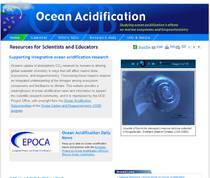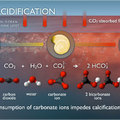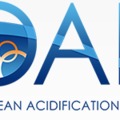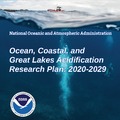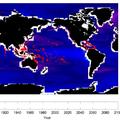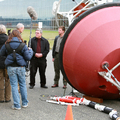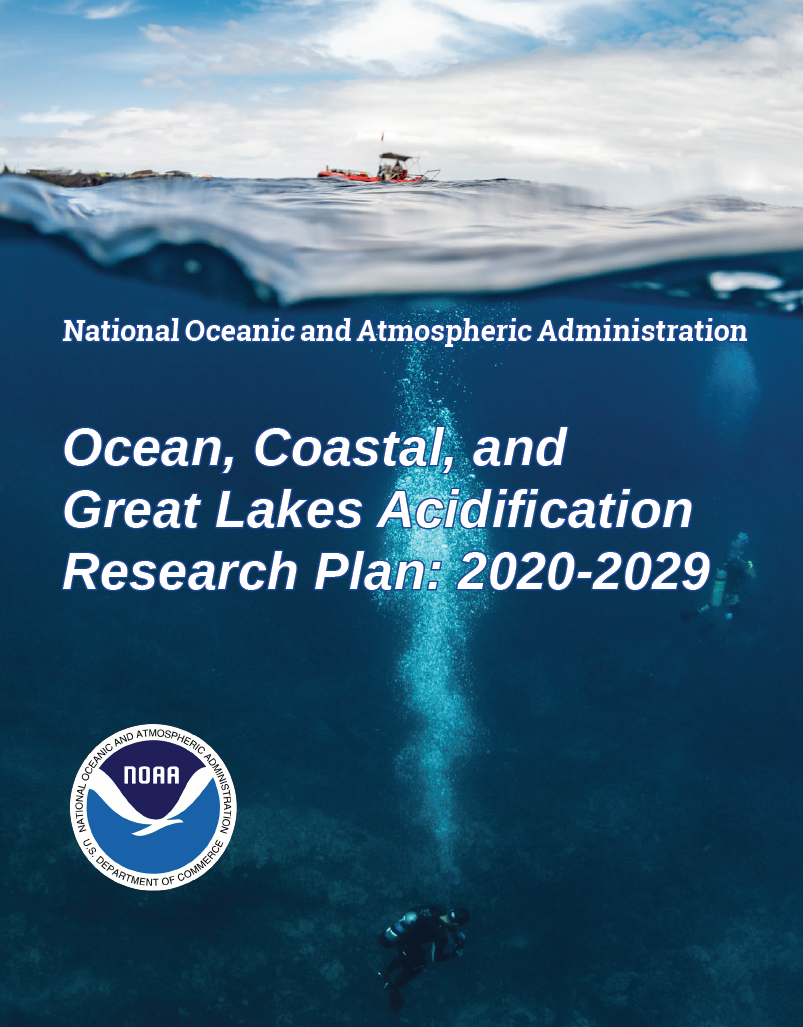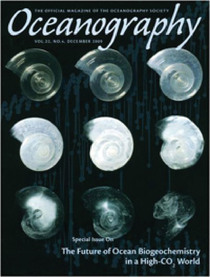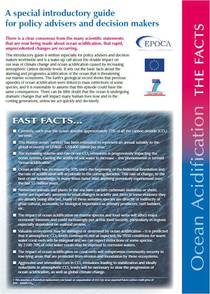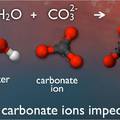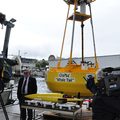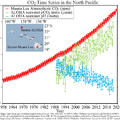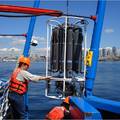Links to OA Information
Follow the links below to find more information about ocean acidification
The links below include informational websites, frequently asked questions about ocean acidification, interviews with scientists, resources for educators, and scientific reports. There are also links to our partners. For a comprehensive list, see our Partners page.
Brochures, FAQs, and Reports
- Washington State Blue Ribbon Panel on Ocean Acidification
- NOAA OAR Special Report: Washington Shellfish Initiative Scientific Summary of Ocean Acidification in Washington State Marine Waters
- NOAA Coastal, Ocean, and Great Lakes Acidification Research Plan, 2020-2029
- NOAA OA fact sheet
- Ocean Acidification Task Force Report
- Ocean Acidification: The Facts (available in 5 languages)
- Ocean Acidification: Questions Answered (available in 5 languages)
- A Summary for Policymakers from the Second Symposium on the Ocean in a High-CO2 World
- A Summary for Policymakers from the Third Symposium on the Ocean in a High-CO2 World
- OCB White Paper on Ocean Acidification
- Guide to best practices for ocean acidification research and data reporting
- Oceanography Special Issue on the Future of Ocean Biogeochemistry in a High-CO2 World
- Federal Ocean Acidification Research and Monitoring Act of 2009
- National Research Council report on ocean acidification
- WWF Magazine The Circle special issue on ocean acidification
A Short Video Clip from the documentary A Sea Change
with Dr. Richard Feely and Dr. Christopher Sabine
Transcript below
Video of Ocean Acidification Demonstration
with former Under Secretary of Commerce for NOAA, Dr. Jane Lubchenco
Other Multi-media Links
- Sea Grant Interviews with Richard Feely
- JISAO Science in 180
- Ocean Acidification on Science On a Sphere®
- Ocean Conservancy video on the WA Blue Ribbon Panel on OA
Informational Websites
- NOAA Ocean Acidification Program (OAP)
- Interagency Working Group on Ocean Acidification
- OCB ocean acidification website
- EPOCA ocean acidification website and blog
- California Current Acidification Network (C-CAN)
- Ocean Acidification Impacts on Shellfish Workshop
- NOAA National Marine Sanctuaries
- Channel Islands National Marine Sanctuary
- NOAA Coral Reef Conservation Program
- NOAA Coral Reef Watch
- Aquarius Reef Base
- National Research Council
- USGS ocean acidification website
- EPA ocean acidification website
- SOLAS/IMBER Ocean Acidification Working Group
- BIOACID
- UK Ocean Acidification Research Programme
- Australian Antarctic Division
- Lab and teaching modules: Stanford, OCB, University of Hawaii, National Science Teachers Association
- Animated film by the students of the Ridgeway School in Plymouth, UK
- Informational film by Plymouth Marine Laboratory: Ocean acidification: Connecting science, industry, policy and public
Associated Stories

